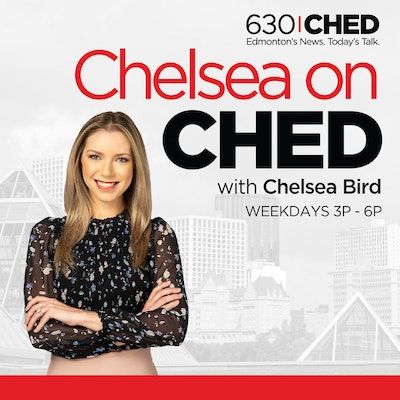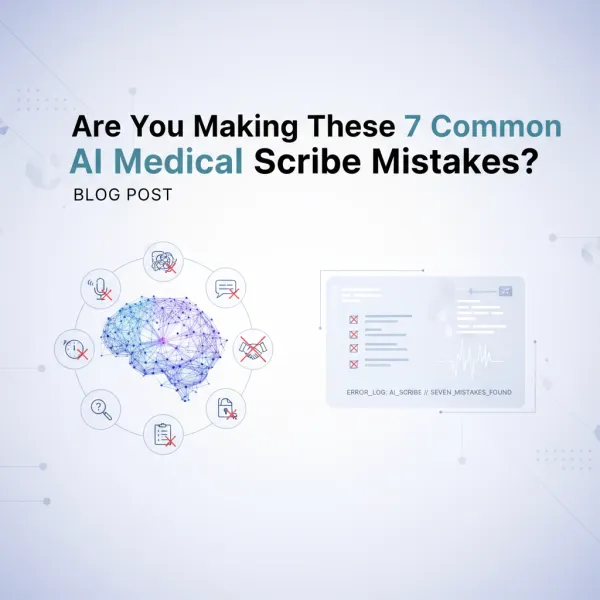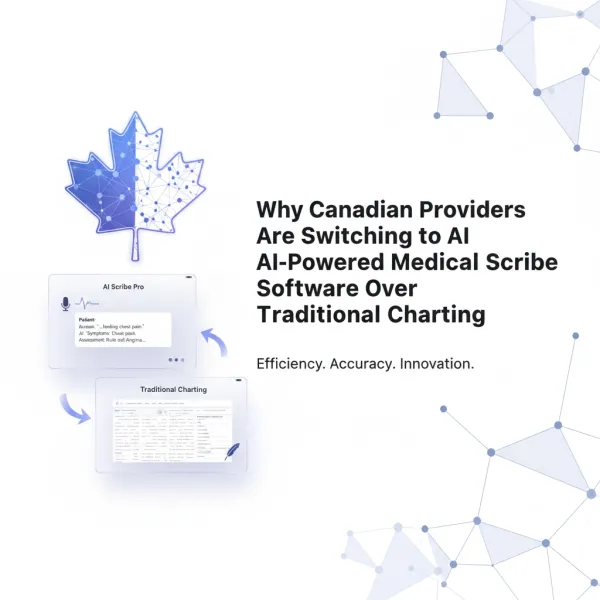Global News Interview: Scribeberry Founders Spotlighted on CHED 630
Amid global physician burnout, intensified by COVID-19, 58% of Ontario's doctors face high burnout risks. Scribeberry, spotlighted on CHED 630, reduces administrative burdens, potentially saving doctors 1-2 hours daily. It aims to revive joy in medicine and combat burnout.

Recent headlines and research have illuminated the dire state of physician burnout across the globe. With the onset of the COVID-19 pandemic, healthcare systems everywhere faced unprecedented challenges, and the frontline workers, our doctors and other primary care providers bore a significant brunt of this pressure.
The Global News recently reported alarming figures from Ontario where family doctors experienced heightened levels of burnout, leading to potential shortages in the province. The report highlighted that a staggering 58% of Ontario's family doctors felt they were at high risk of burnout, a concerning rise from previous years.
Meanwhile, the New York Times highlighted in September 2022 that, since the pandemic's onset, many physicians felt the weight of the crisis both emotionally and physically, with some considering early retirement or changing professions entirely. The article referenced that during the pandemic, 30% of healthcare workers considered leaving the profession – with doctors being a significant portion.
A Timely Solution Emerges
Against this backdrop, the Scribeberry co-founders, Dr. Zaahir Moloo and Amaan Rattansi, were featured on Global News' CHED 630 segment. The episode, hosted by Chelsea Bird, dove deep into these issues and showcased how Scribeberry aims to alleviate some of these pressures.
Dr. Zaahir Moloo and Amaan Rattansi discuss physician burnout on CHED 630
Saving doctors time
While speaking on CHED 630, Dr. Moloo and Rattansi detailed Scribeberry's promising early results. By reducing administrative workload by 50-80%, it is saving doctors 1-2 hours per day spent on notes and paperwork. With less time spent documenting, physicians can see 30-50% more patients. Most importantly, users report dramatically reduced burnout.
Restoring the joy of medicine
As one physician user said, Scribeberry "could single-handedly save family medicine" by lifting bureaucratic burdens. Freed from grinding documentation, doctors can refocus energy on patient care, learning, and self-care. Initiatives like Scribeberry ease burnout and positively impact clinicians' quality of life.
Our future growth
With over 2,500 users signed on and expansion supported by Microsoft, Scribeberry is scaling rapidly. As physician wellness awareness grows, empowering solutions like Scribeberry will build a sustainable healthcare future. Platforms like CHED 630 raising discussions pave pathways to root out burnout and safeguard healthcare heroes' wellbeing.
Conclusion
Through continued innovation and dialogue, the healthcare crisis may find remedies in initiatives like Scribeberry. By addressing burnout at its source and prioritizing clinicians, future systems can better support those who support us.



